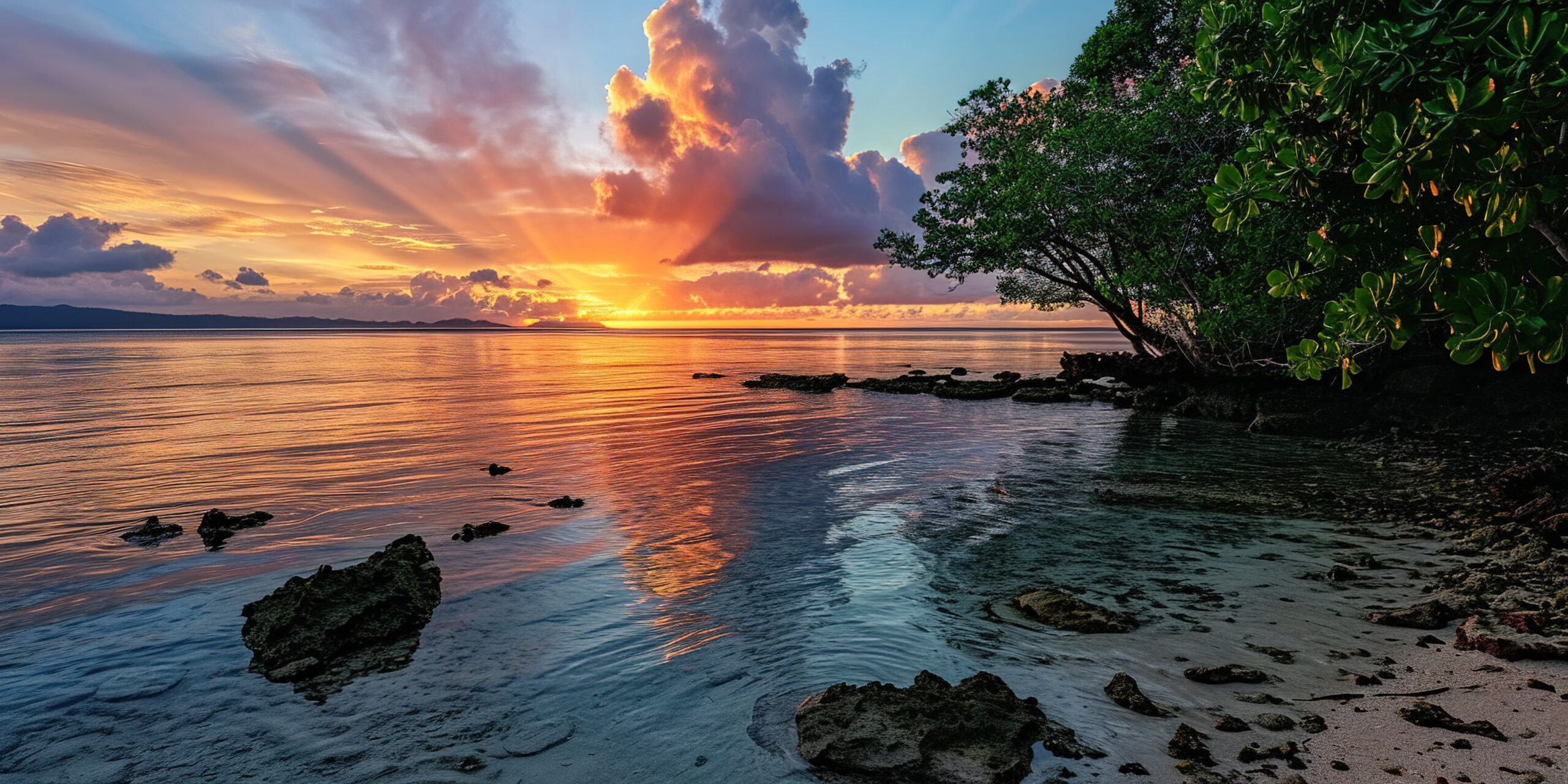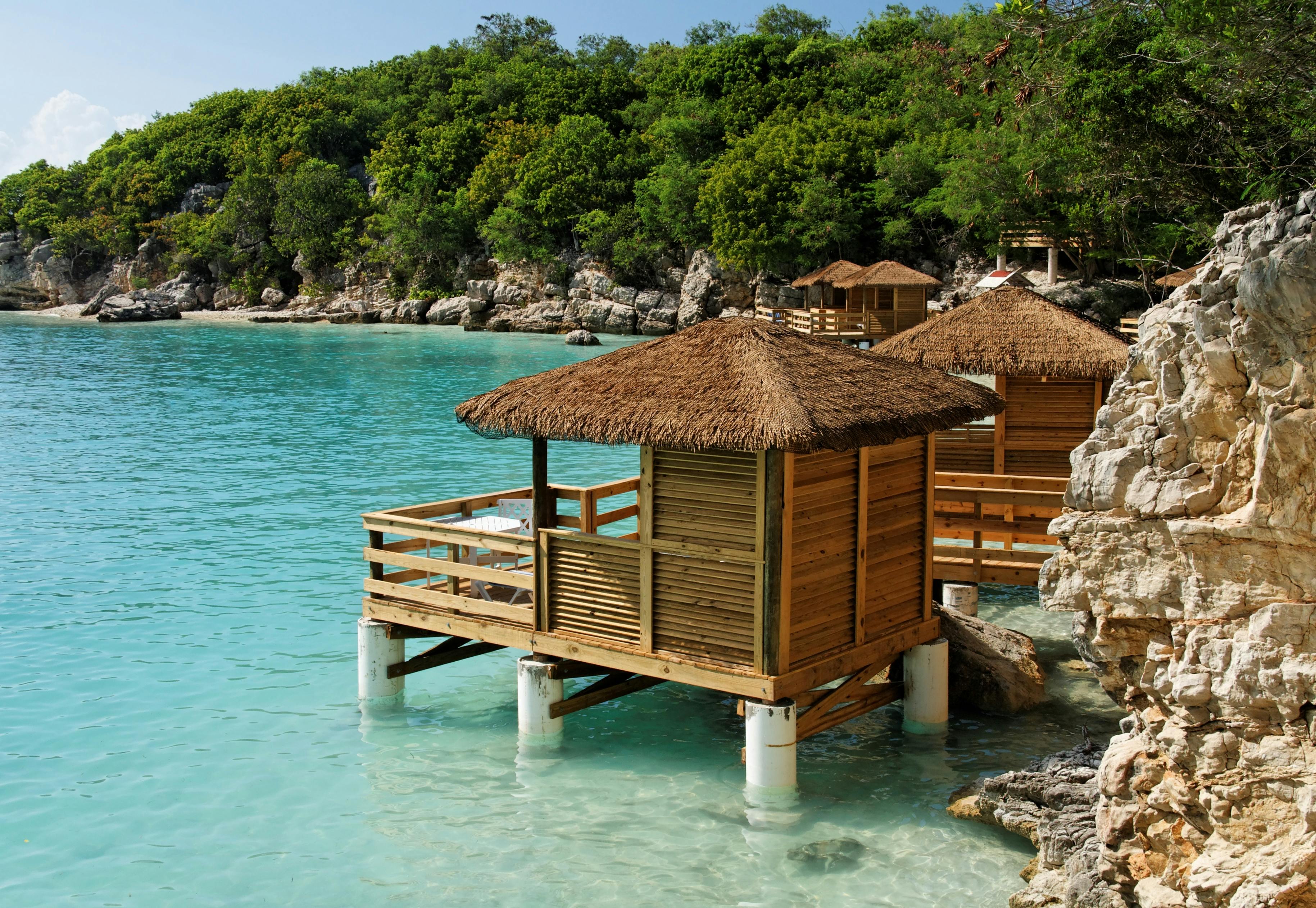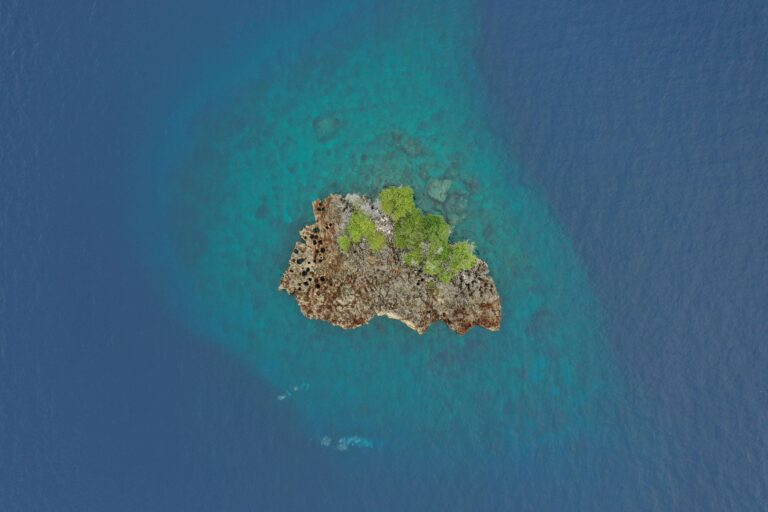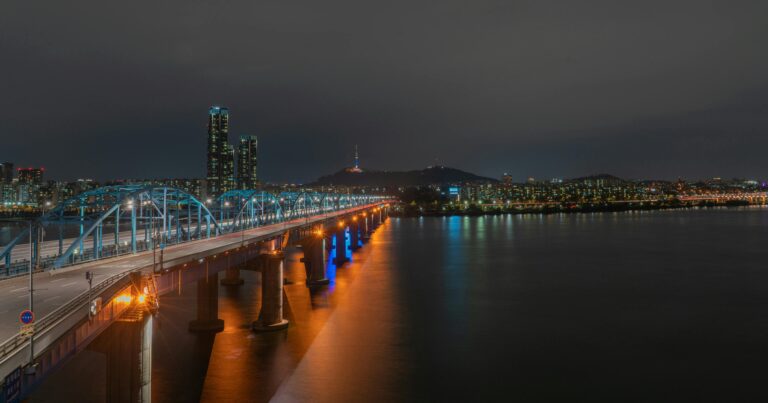Explore Best Destination
Discover our travel blog for inspiring stories, tips, and guides. From hidden gems to cultural experiences, we cover it all to fuel your wanderlust and help you plan unforgettable adventures!

Explore Tuvalu: A Hidden Paradise in the Pacific Ocean
Explore Tuvalu: A Hidden Paradise in the Pacific Ocean
Tuvalu, a tiny yet captivating island nation in the South Pacific, is one of the world’s least visited countries, making it a perfect off-the-beaten-path destination for travelers seeking serenity and natural beauty. With just over 26 square kilometers of land area and a population of around 11,000, Tuvalu is not only one of the smallest countries in the world but also one of the most peaceful, offering visitors an authentic and tranquil experience.
Although Tuvalu may not be on the radar of many tourists, its stunning beaches, rich Polynesian culture, and commitment to environmental conservation make it a hidden gem for those in search of something unique and special. If you’re looking for a destination that offers both beauty and a sense of escape, Tuvalu should be at the top of your list.
1. Pristine Beaches and Lagoon Views
Tuvalu’s beaches are some of the most beautiful and pristine in the Pacific. The country consists of nine small islands, each with its own charm. The islands are surrounded by turquoise lagoons, clear waters, and coral reefs teeming with marine life. The white sand beaches are rarely crowded, providing the perfect setting for relaxation, swimming, and snorkeling.
One of the most popular islands to visit is Funafuti, the capital of Tuvalu, where visitors can explore the main island’s lagoon and surrounding beaches. Funafuti Lagoon is a popular spot for water activities, and the peaceful environment makes it an ideal place for snorkeling and kayaking. With its calm waters and vibrant coral reefs, the lagoon is a haven for underwater photographers and nature enthusiasts.
For an even more secluded experience, travelers can head to the Outer Islands such as Nanumea, Nukufetau, or Nukulaelae, where they’ll find some of the most remote beaches and untouched natural beauty in the world.
2. A Rich Polynesian Culture
Tuvalu may be small, but its cultural heritage is rich and diverse. The people of Tuvalu belong to the Polynesian cultural group and have lived on these islands for over a thousand years. Traditional arts, crafts, and music continue to be an integral part of Tuvaluan life.
The traditional dances, “meke”, are an important cultural expression in Tuvalu. These performances often take place during festivals or ceremonies, where people gather to celebrate and share stories through movement and song. If you visit Tuvalu during a national holiday or community celebration, you may have the chance to see these traditional dances firsthand.
Visitors will also be introduced to the Tuvaluan language, the primary language spoken by the local people. Although English is widely understood, speaking a few words in Tuvaluan (such as “malo” for “hello”) will endear you to the friendly locals, who are known for their warm hospitality.
3. Sustainable Travel and Eco-Tourism in Tuvalu
As one of the most vulnerable countries to climate change, Tuvalu has made environmental conservation a key priority. The island nation has been a strong advocate for sustainable travel and eco-tourism to protect its fragile environment, especially its coral reefs and coastal ecosystems.
Visitors to Tuvalu are encouraged to practice responsible tourism by respecting local customs, conserving water, and supporting eco-friendly businesses. Several eco-tourism initiatives on the islands aim to protect the natural habitat while giving travelers a chance to connect with the environment. These include guided tours of Funafuti Conservation Area, a protected marine zone that offers a closer look at Tuvalu’s marine biodiversity.
In addition, sustainable fishing practices and community-led conservation projects are central to preserving Tuvalu’s natural resources for future generations. By visiting Tuvalu, tourists help promote the country’s efforts to balance tourism with environmental preservation.
4. Things to Do in Tuvalu
Despite its small size, Tuvalu offers a variety of activities that let you connect with its natural beauty, culture, and history. Here are some things to do during your visit:
- Snorkeling and Diving: The coral reefs around Tuvalu are among the most intact in the Pacific. Visitors can enjoy excellent snorkeling opportunities in the lagoons, where they’ll find an abundance of tropical fish, sea turtles, and other marine life. Diving is also popular for those seeking to explore the underwater world more deeply.
- Fishing: Fishing is an important part of life in Tuvalu, and visitors can try their hand at traditional fishing methods or take part in deep-sea fishing expeditions to catch local fish species.
- Cycling and Walking Tours: Funafuti and the outer islands are great for cycling or leisurely walking tours. You can take a ride around Funafuti, stopping to visit the local villages, beaches, and historical sites. Walking tours allow you to explore the island at a relaxed pace and meet the locals.
- Cultural Tours: Learn about the traditions, customs, and history of the Tuvaluan people through cultural tours. Visit local villages, talk to community leaders, and discover how Tuvalu’s culture has evolved over the centuries.
5. Best Time to Visit Tuvalu
Tuvalu enjoys a tropical climate, with warm temperatures year-round. The best time to visit is during the dry season, which runs from April to October, when the weather is ideal for outdoor activities like snorkeling, swimming, and exploring the islands. The wet season (November to March) brings higher rainfall and occasional storms, but temperatures remain warm, making it still possible to enjoy Tuvalu’s unique beauty.
Conclusion
Tuvalu may be small, but its natural beauty, vibrant culture, and commitment to sustainability make it a destination worth exploring. From its stunning lagoons and pristine beaches to its rich Polynesian heritage and eco-friendly initiatives, Tuvalu offers a unique travel experience that combines adventure with relaxation. Whether you’re an eco-tourist, culture enthusiast, or simply looking to get away from it all, Tuvalu is a hidden gem in the heart of the Pacific Ocean.

Related Posts
Tag List
Adventure / Climbing / Hiking / Photography / Adventure / Tracking / Travel
Follow Us
- linked In
- google+
- YouTube







